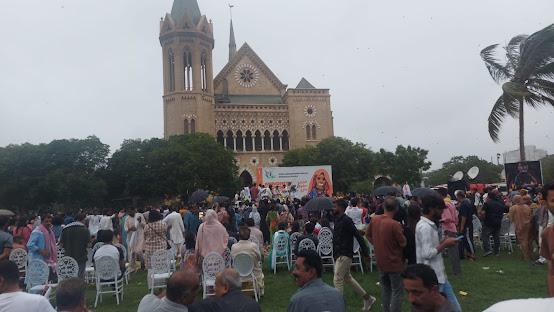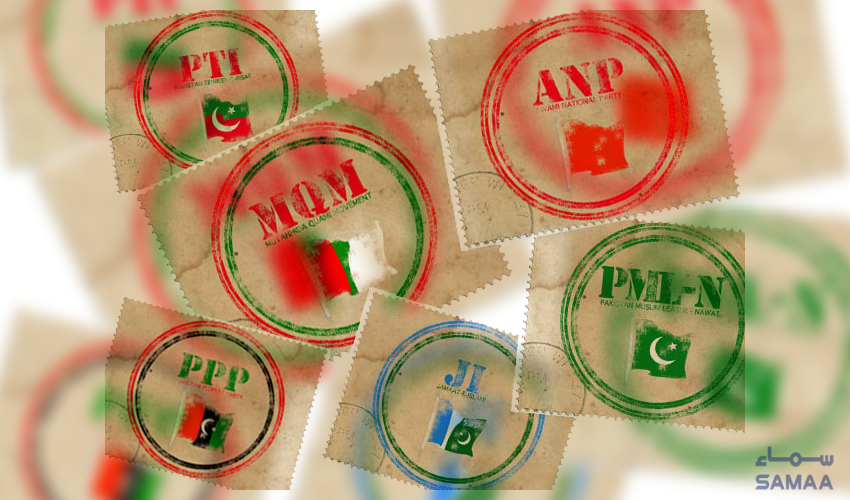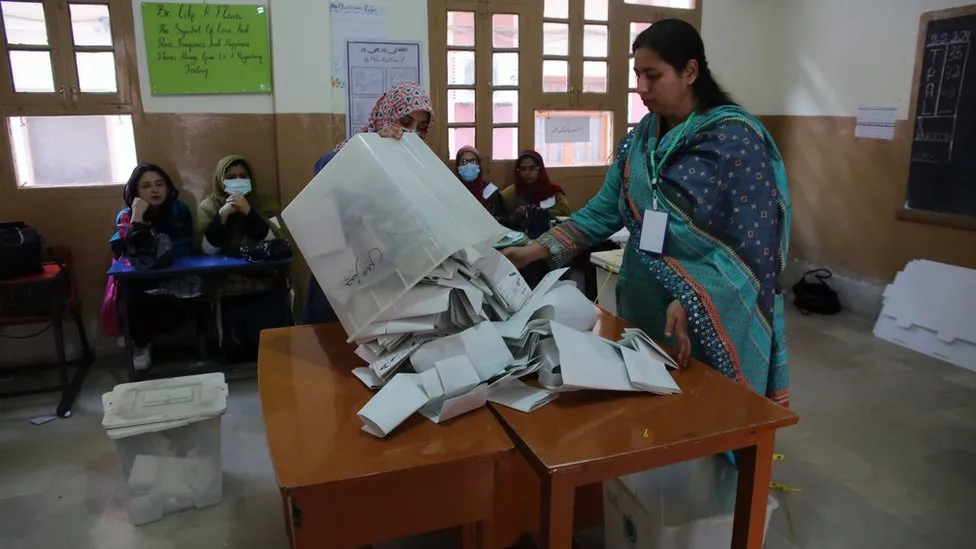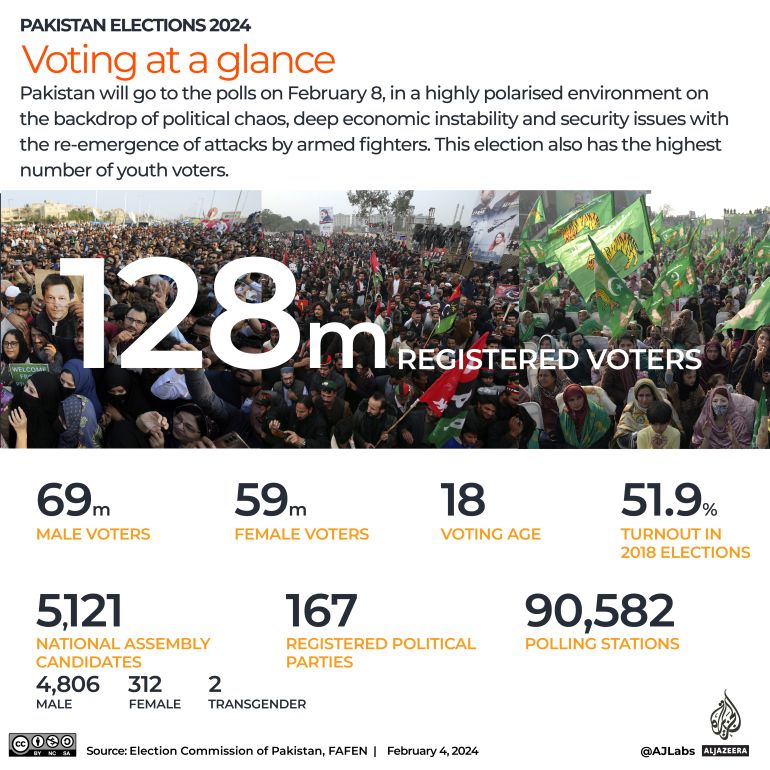Have you
ever gotten news that just made you happy? Well I did last Friday when I opened
the newspaper and was extremely pleasantly surprised to see the announcement of
a Minority March – a pro-religious minority march patterned on the successful
feminist Aurat March that happens in Frere Hall, Karachi and across Pakistani
cities every 8 March.
.jpeg)
It was great to see that a group of Pakistani minority activists plus the
famous Sheema Kermani, had planned to hold a minority rights march ala the
women’s march. Except this would be on 11 August, a day that was declared 13
years ago as Pakistan’s national minority day. This was in memory of Pakistan’s
founder Muhammad Ali Jinnah (called by Pakistanis as the Quaid-e-Azam aka the
great leader) making what is generally understood as a quite secular a speech on
11 August 1947. On that day Muhammad Ali Jinnah said, “You are free; you are
free to go to your temples, you are free to go to your mosques or to any other
places of worship in this State of Pakistan. You may belong to any religion or
caste or creed — that has nothing to do with the business of the State.”
It was in rememberance of that statement in 2011 (and a lot of mobilisation and organisation
amidst the mass murder of the Pakistani Taliban in the years prior to that, especially the murder of Governor Salmaan Taseer)
which saw 11 August officially declared Pakistan’s national minority day. So the organisers of the Minority Rights March (who held this event last year) held a press conference at the Karachi Press club last week to announce that they would hold their protest at Frere Hall (the park and colonial era town hall) and march out from there. Sheema Kermani was at the presser and tried to give what became a rally a neutral position. Kermani pointed out that the Minority Rights March is not a political party or NGO when she said, “We are just an organic movement of people who have come together for a good cause. The majority can defend the minority.”
 |
| The march's list of demands - click on them to read them |
The Hindu and Christian minority activists spoke about the broken promises of the Pakistani state and they also made a point that minorities from India, to Pakistan to Europe and North America have made: The minorities were the original inhabitants of the land. Whether its Hindus in Pakistan or Muslims from India, they are from the land and these countries are their countries as well.
As we got to 11 August, we heard that permission for the march had been taken away, but the organisers decided to go ahead. A Karachi bureaucrat said that there was a terrorist threat — it turned out to be the Tehreek-e-Labbaik Pakistan who specialise more in sectarian rioting, assassinations and blasphemy mobs rather than bombing.
So on 11 August 2024, the march happened at Frere Hall. It was supposed to be the starting point for the march, but it instead was restricted into just being a rally in the park. When I approached the location, I found that both the major streets that Frere Hall is bound by had shipping containers on them. The police had done that and I found that all entrances to Frere Hall’s park had been restricted except one. The police presence was heavy and visible all around the block that Frere Hall’s at.
As I saw the mix of regular police, Special Security Unit (essentially SWAT cops), riot cops and traffic police I had a hard time making out the poor volunteers for the minority march.
The massive police presence confirmed what I had heard — there were Islamist TLP counter-protestors afoot. They were the ones who didn’t want this march to take place, but the protest had begun with the rally in Frere Hall amidst the rain.
The rain made things...kind of strange and odd. I had to park in an incredibly unusual way, worrying about what would happen with the car if I left it where it did. Then I had to skirt around standing pools of water/sewage and get to the entrance all while it was not even raining, but drizzling, making everything slimy and disgusting. It really felt like between the right wing and the security forces of this country, we were going to have to wade through garbage to get basic liberal rights. Seriously, a minority march is not a particularly radical thing, but in Karachi on 11 August 2024, even having what turned out to be just a heavily policed rally for minority rights felt like a dicey affair. And the policing may have been loudly stated by the cops and government for “our protection” but considering the number of normal people who were trying to attend the march in Frere Hall, the police presence just felt intimidating and lent an oppressive air to the day’s proceedings. The police were visibly scattered throughout Frere Hall, even after you entered through the single metal detector-ed entrance.
.jpeg)
However once I was in, it was good to see that the rally was happening. There were performances on stage that covered the horror of forced conversion of young minority girls and the lynching of people accused of blasphemy. This was all done in the style of South Asian street theatre. There were little flags which said “Stop forced conversions” and I took pictures and waved one of them. That, the plays on stage, the speeches and the crowd made the event really nice, while you were there. It was a benign middle class sort of affair. The march's list of demands was something that is important and needs to be implemented for the sake of minorities in Pakistan. If you discuss each of them, you can point to some horrible act of persecution in the past that lead to the creation of that demand.
The weather was overcast and threatened to rain. The real problem that was made apparent as I spent more time there amid the over-policed event was, that there was not going to be a march despite what the title of the event being “The Minority March.” I started asking the cops about the TLP presence and how far away it was. They either lied or pretended not to know anything. Typical cops. After being told, “I don’t know” twice by cops when I was asking how far away the fundamentalist protestors of the TLP were from the event, one policeman just lied and said they had dispersed. You can listen to what a cop says, but don’t believe what they say until you have proof or evidence of what these people are saying.
.jpeg)
I spoke to one of the protestors and they gave me the details: The TLP were some distance away, the heavy police presence had kept them from getting to where the protest was and because of the presence of the TLP, the organisers of the march had restricted themselves to just holding a rally within Frere Hall, and not to march to the Press Club, or even outside the perimeter of Frere Hall, as originally planned. The attendee conceded that at least the Minority March had happened as a rally that day and stated that even having the event, as it was, had been an achievement. In light of the TLP threat, this person, who was a relative of one of the organisers of the march, seemed slightly relieved.
.jpeg) |
| Attendants watching a street theatre play on people being oppressed by blasphemy allegations and religious oppression |
Between the crazed threats from the TLP and the security overkill that seemed to be posting forces from five to six police stations, there was some disappointment and a sense of subdued feelings at what should have been a polite, but fun political summer event. That just to have, what by 21st century standards would be a run off the mill affair — a rally for minority rights — had, no thanks to fundamentalists and frankly, an administration and a city/province bureaucracy that doesn't want to deal with the problem of fundamentalists, become an affair where one had to hunt for a location to get off their vehicle, trudge through mud to a security point over a long distance, and only then could you enter the arena. No thanks to the threats faced, there would also be no public march through the streets, and so the event ends with people milling around and then walking or trudging back to their vehicles through that single security point. It's the fundamentalist TLP and their supporters and the PPP people who run Sindh and Karachi who are the problem.
"Why should I change? He's the one who sucks."
- Office Space, talking about the TLP and their supporters in the public and the Pakistani state
.jpeg) |
A large poster showing the dangers minorities in Pakistan face as a Snakes and Ladders board game
|
While I was there, I hung around for nearly an hour and as the evening wore on, and the rain slowly came down, I decided to leave, but also check the TLP situation, after I exited Frere Hall. I drove around and found that traffic from Shahrah-e-Faisal (Karachi's main central road) past the abandoned Metropole Hotel, was choked, likely because of the TLP march that the cops were earlier denying. The entire street where Shahrah-e-Faisal terminates and leads to Frere Hall, had been blocked by shipping containers placed by the police. Later it was revealed by the Dawn newspaper that fundamentalists on motorcycles had been trying to probe the perimeter of the event by driving up and seeing if they could get past the cops or security. The traffic situation I saw after leaving the event, with the shipping containers, the traffic jams and everything and the news from the next day, justified the air of menace that seemed to pervade the perimeter and beyond of the event. The police lied, and the fundamentalists tried to be a pain. What should have been a celebratory affair, felt a little grim once you weren’t in it. The fundamentalists need to be exiled beyond the back of society. However, I’m at least glad that an in-person, physical event, a protest for minority rights in Pakistan was held.



.jpeg)


.jpeg)
.jpeg)
.jpeg)
.jpeg)





